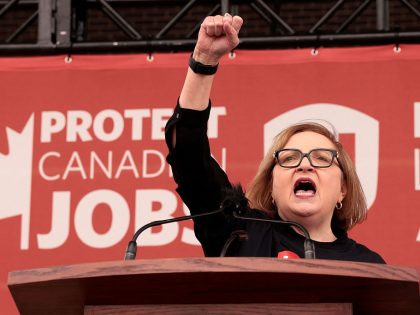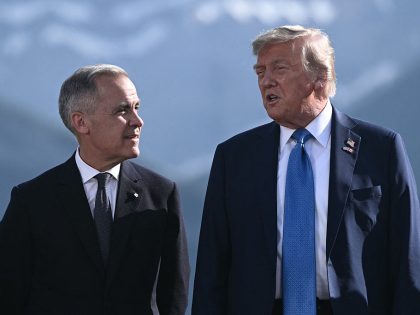
Canada Is Too Economically Dependent on the US
Key Canadian industries like auto are currently on the brink of extinction under assault from Donald Trump. Escaping this impasse requires confronting Canada’s subordinate relationship to its juggernaut neighbor to the south.

















